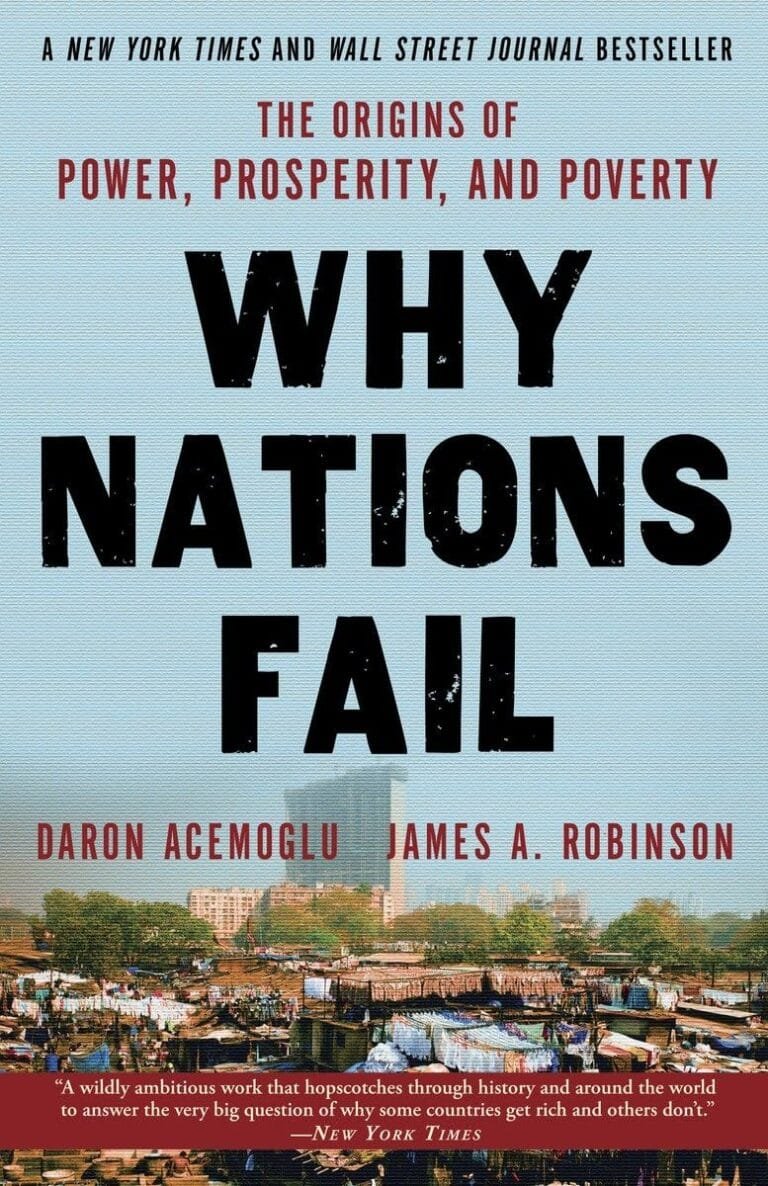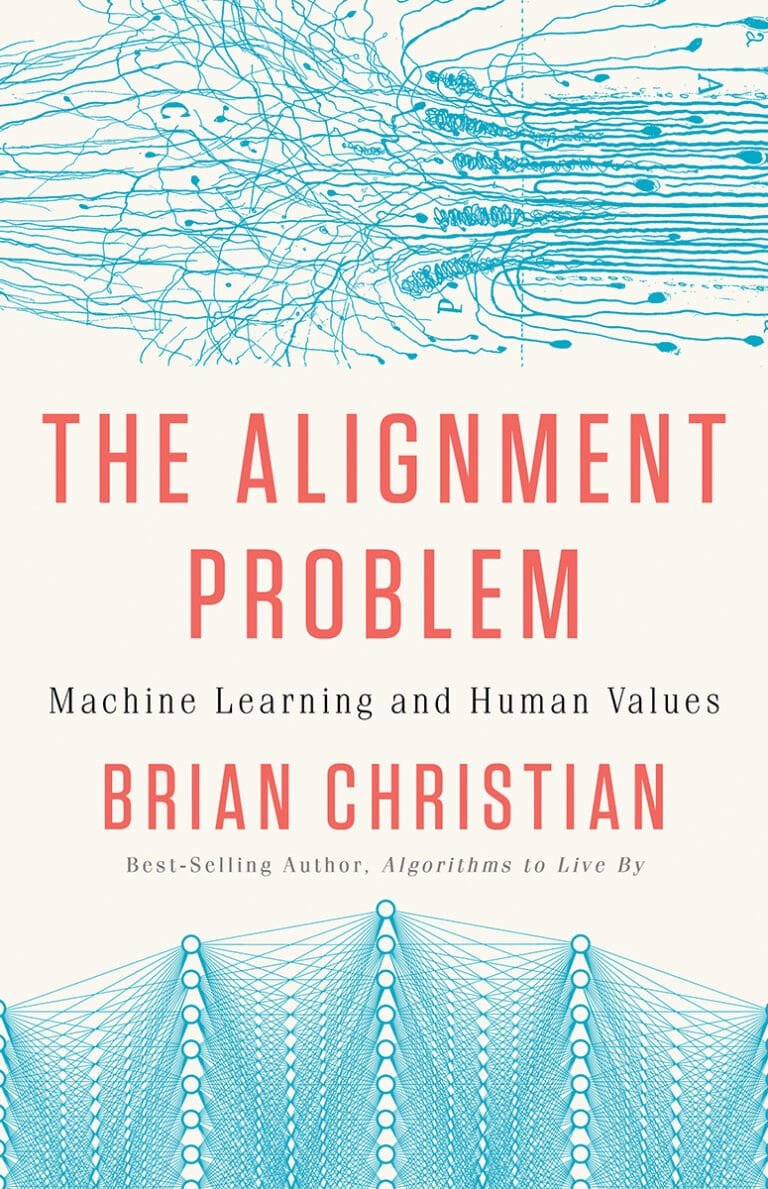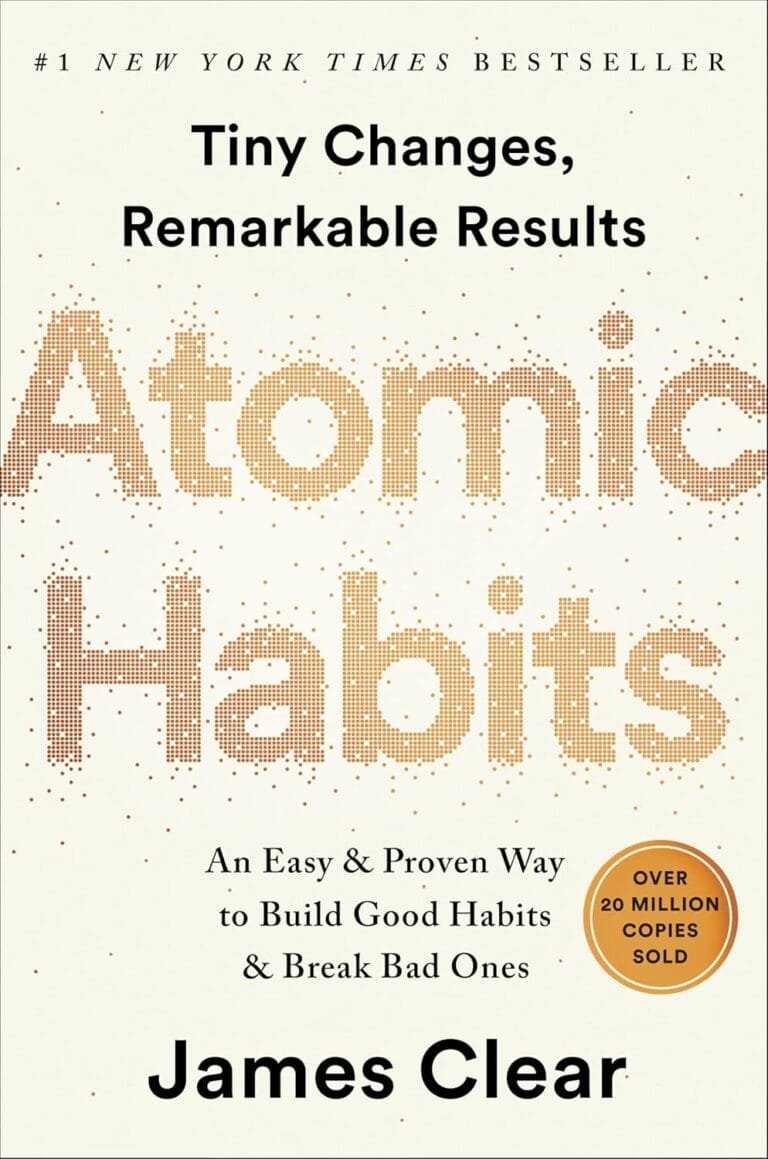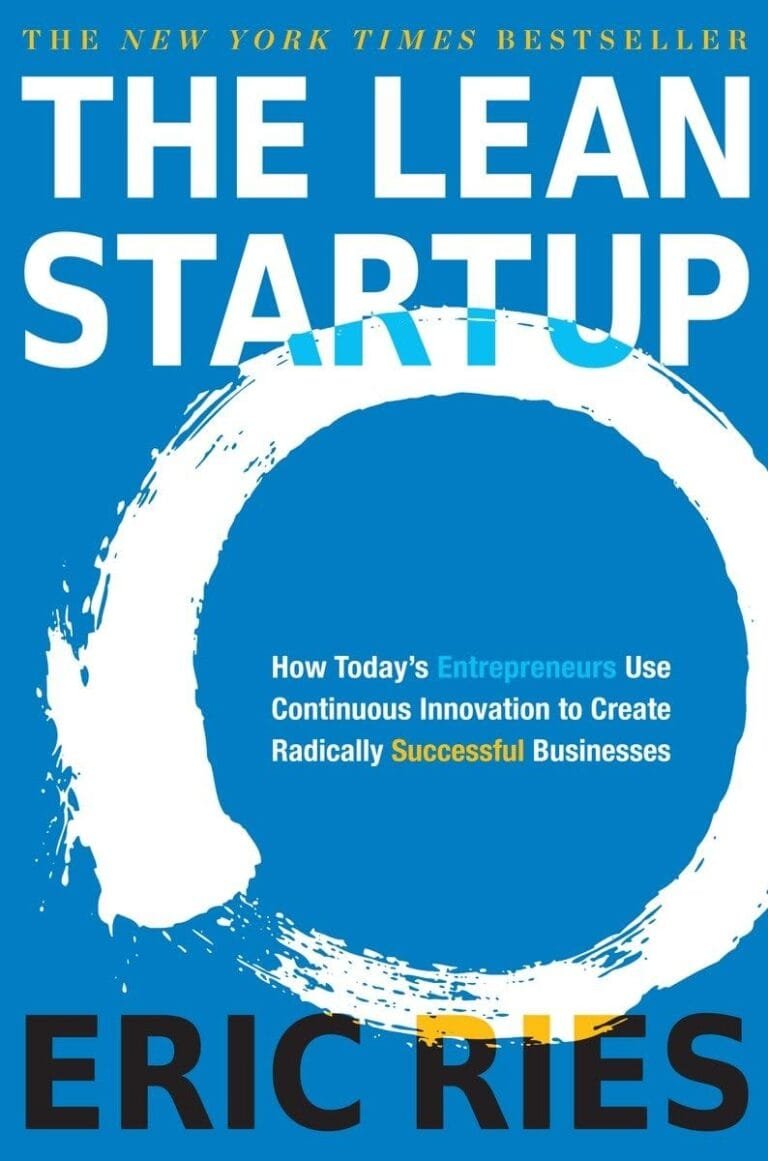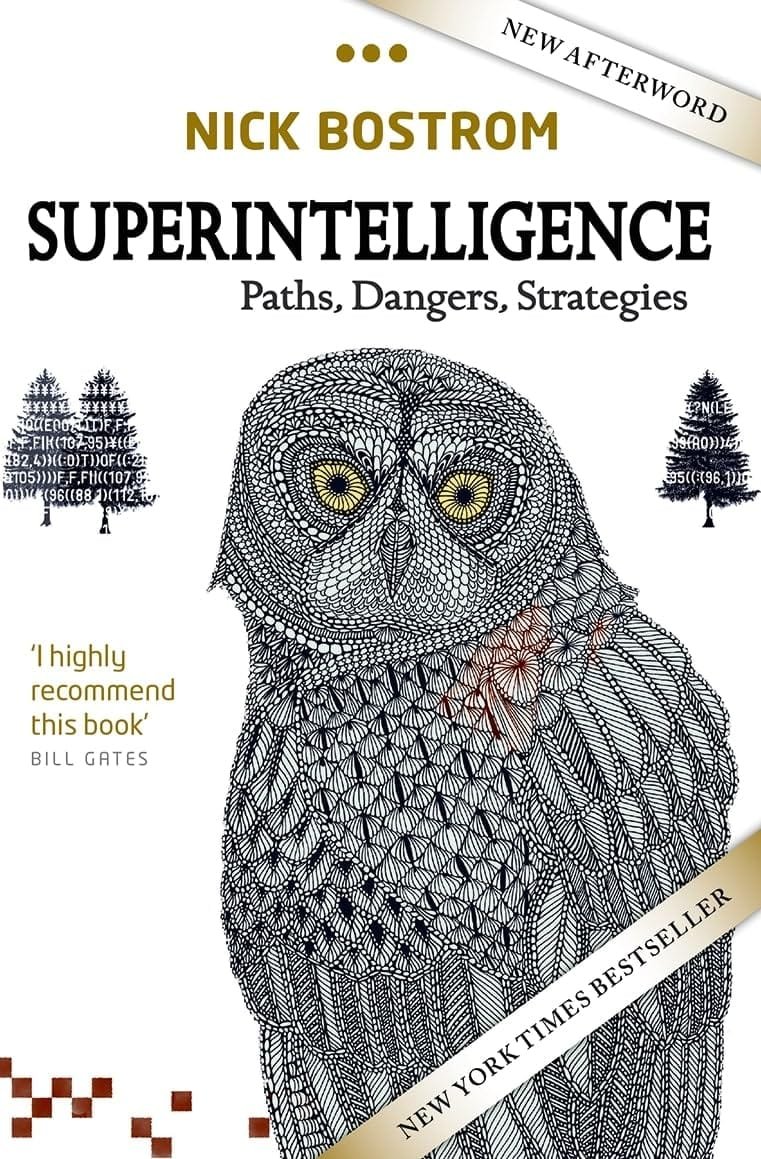The Perfection Trap (Thomas Curran) – Book Summary, Notes & Highlights
Author
Thomas Curran
Published
July 2023
Focus
Understanding the psychology of perfectionism and its impact on mental health, success, and well-being
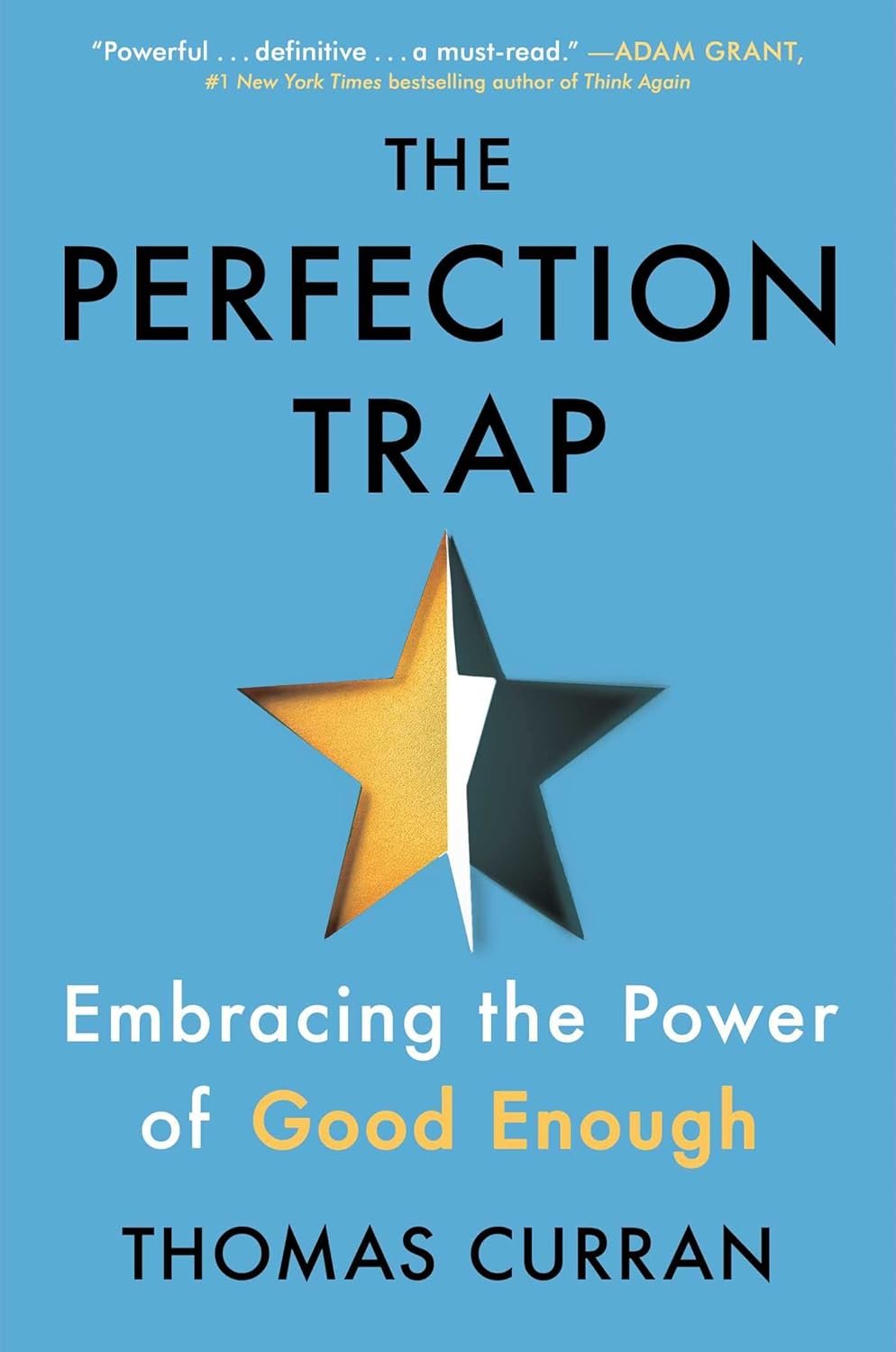
Key Concept
The detrimental effects of societal pressure and the pursuit of perfection, offering insights into how to overcome perfectionism for a healthier life
Legacy
A timely exploration of perfectionism in modern culture, praised for its evidence-based approach to addressing the mental health challenges associated with unrealistic standards
Avi’s Rating
⭐⭐⭐⭐⭐
ADD TO YOUR COLLECTION
Ready to start reading? Buy it on Amazon by clicking the button below.
Are you caught in the relentless pursuit of perfection? I’ve witnessed firsthand how the relentless pursuit of perfection permeates through people. It’s a pursuit that often leads to burnout, anxiety, and a perpetual feeling of inadequacy. That’s why I was utterly captivated by Thomas Curran’s book “The Perfection Trap“. Let’s dive into this pervasive issue and explore how we can break free from its grasp.
🚀 The Book in 3 Sentences
- The pursuit of perfection has become a dangerous obsession in modern society, leading to record levels of burnout, depression, and anxiety.
- Perfectionism is driven by a combination of intense workplace competition, ubiquitous social media comparisons, the quest for elite credentials, and helicopter parenting.
- By understanding the roots of perfectionism and learning to resist societal pressures, we can find a more purposeful and contented life.
🎨 Impressions
Thomas Curran’s “The Perfection Trap” is an illuminating and timely exploration of the pervasive issue of perfectionism in contemporary society. As a Cambridge student, I found the book’s insights particularly resonant, offering a much-needed perspective on the intense pressures many of us face in academic and professional settings. Curran’s blend of rigorous research, societal analysis, and practical advice creates a compelling narrative that not only diagnoses the problem but also offers hope for a more balanced and fulfilling life.
🥰 Who Should Read It?
- 🎓 Students facing intense academic pressures
- 💼 Professionals experiencing burnout or imposter syndrome
- 👩👧👦 Parents concerned about instilling healthy values in their children
- 🧠 Mental health professionals and counsellors
- 📊 Sociologists and cultural critics interested in contemporary societal issues
- 🏃♀️ Anyone feeling overwhelmed by the constant pressure to achieve and be “perfect”
☘️ How the Book Changed Me
- It helped me recognise and challenge my own perfectionist tendencies, which I had previously viewed as purely positive traits.
- I’ve started to be more compassionate with myself when facing setbacks or perceived failures.
- The book inspired me to reassess my goals and prioritise well-being alongside achievement.
- I’ve become more aware of the societal and economic factors contributing to perfectionism, leading to a more critical view of certain cultural narratives.
- It’s encouraged me to have open conversations with peers about the pressures we face, fostering a more supportive community.
✍️ My Top 3 Quotes
- “Perfectionism is not about high standards. It’s about unrealistic standards.” (Curran, 2023, p. 42)
- “In a world that profits from your self-doubt, liking yourself is a rebellious act.” (Curran, 2023, p. 178)
- “The antidote to perfectionism isn’t lowering our standards, but rather cultivating self-compassion and embracing our inherent worth beyond our achievements.” (Curran, 2023, p. 215)
📊 Key Statistics and Figures
- Perfectionism among young people has increased by 33% since 1989 (Curran, 2023, p. 15)
- 41% of employees report feeling burned out, with perfectionism being a significant contributing factor (Curran, 2023, p. 87)
- Social media users who spend more than 2 hours per day on platforms are 2.7 times more likely to be diagnosed with depression (Curran, 2023, p. 132)
📒 Comprehensive Summary and Key Takeaways
1. The Rise of Perfectionism
Curran begins by documenting the alarming increase in perfectionism over recent decades:
- Explores historical and cultural shifts that have contributed to this rise
- Discusses the role of neoliberal economic policies in fostering a hyper-competitive society
- Examines how technology and social media have exacerbated perfectionist tendencies
“Perfectionism isn’t just a personality trait—it’s a response to a world that increasingly demands flawlessness in all aspects of life.” (Curran, 2023, p. 23)
2. The Three Types of Perfectionism
The book outlines three distinct but interconnected forms of perfectionism:
- Self-oriented perfectionism: Setting unrealistically high standards for oneself
- Other-oriented perfectionism: Expecting perfection from others
- Socially prescribed perfectionism: Perceiving that others expect perfection from you

3. The Impact on Mental Health
Curran delves into the devastating effects of perfectionism on mental health:
- Increased rates of anxiety, depression, and eating disorders
- The link between perfectionism and burnout in professional settings
- How perfectionism undermines self-esteem and fosters imposter syndrome
“Perfectionism is a risk factor for numerous psychological issues, acting as a silent predator of our mental well-being.” (Curran, 2023, p. 109)
4. Perfectionism in the Digital Age
A significant portion of the book is dedicated to examining how modern technology fuels perfectionism:
- The role of social media in promoting unrealistic standards
- How the gig economy and “always-on” work culture contribute to perfectionist tendencies
- The impact of algorithms and data-driven performance metrics
5. Parenting and Education
Curran explores how well-intentioned parenting and educational practices can inadvertently foster perfectionism:
- The effects of helicopter parenting and intensive parenting styles
- How high-stakes testing and academic pressure contribute to perfectionism in students
- Strategies for promoting healthy achievement without falling into the perfectionism trap
“In our quest to give children the best start in life, we may be setting them up for a lifetime of striving for an unattainable ideal.” (Curran, 2023, p. 156)
6. Breaking Free from the Perfection Trap
The latter part of the book focuses on strategies for overcoming perfectionism:
- Cultivating self-compassion and embracing imperfection
- Redefining success and setting realistic goals
- Practicing mindfulness and learning to live in the present moment
- Building resilience and learning from failure
7. Societal Solutions
Curran concludes by proposing broader societal changes to combat the perfectionism epidemic:
- Advocating for educational reform that values diverse forms of intelligence and creativity
- Promoting workplace cultures that prioritize well-being alongside productivity
- Encouraging media literacy to combat unrealistic portrayals of success and beauty
“Overcoming the perfection trap isn’t just an individual journey—it requires a collective reimagining of what it means to live a good life.” (Curran, 2023, p. 287)
🔑 Conclusion
“The Perfection Trap” offers a compelling analysis of how the pursuit of perfection has become a pervasive and destructive force in modern society. Thomas Curran’s work not only illuminates the problem but also provides hope and practical strategies for breaking free from perfectionist tendencies.
By understanding the roots of perfectionism and learning to resist societal pressures, we can find a more balanced, authentic, and ultimately more fulfilling way of living. This book serves as both a wake-up call about the dangers of unchecked perfectionism and a roadmap for cultivating a healthier relationship with achievement and self-worth.
As I come to the end of this review, I’m reminded of a quote from the book that deeply resonated with me: “Perfection is not attainable, but if we chase perfection we can catch excellence.” Curran’s work has taught me that true excellence lies not in flawless performance, but in embracing our humanity, learning from our mistakes, and finding joy in the journey of growth.
Remember, in a world that demands perfection, the most revolutionary act is to be unapologetically, beautifully imperfect. You are enough, just as you are. And that realisation, as “The Perfection Trap” so eloquently argues, is the key to a more fulfilling, authentic, and contented life.
Ready to start reading?😊What are you waiting for? Buy This Book Now!
If you’d like to check out more of my Book Summaries, you might find these interesting.
- “The Alignment Problem” – Brian Christian – a must read about AI
- “The 4 Hour Workweek” – Tim Ferriss – how to achieve your passive income goals
📚 Further Reading
For those interested in exploring similar themes, consider:
- “The Gifts of Imperfection” by Brené Brown
- “Mindset: The New Psychology of Success” by Carol S. Dweck
- “The Happiness Trap” by Russ Harris
References:
Curran, T. (2023). Embracing the Power of Good Enough. HarperOne.
Avi is a researcher educated at the University of Cambridge, specialising in the intersection of AI Ethics and International Law. Recognised by the United Nations for his work on autonomous systems, he translates technical complexity into actionable global policy. His research provides a strategic bridge between machine learning architecture and international governance.

